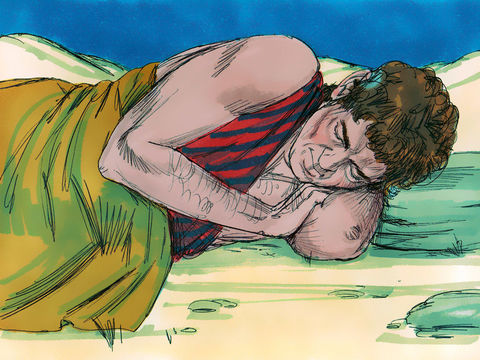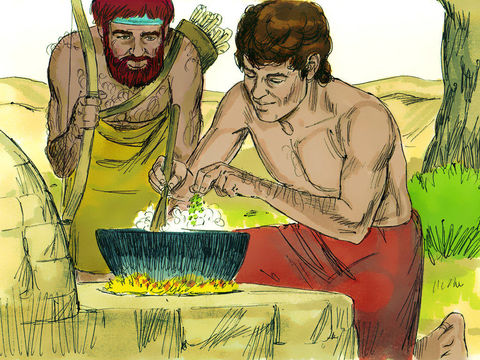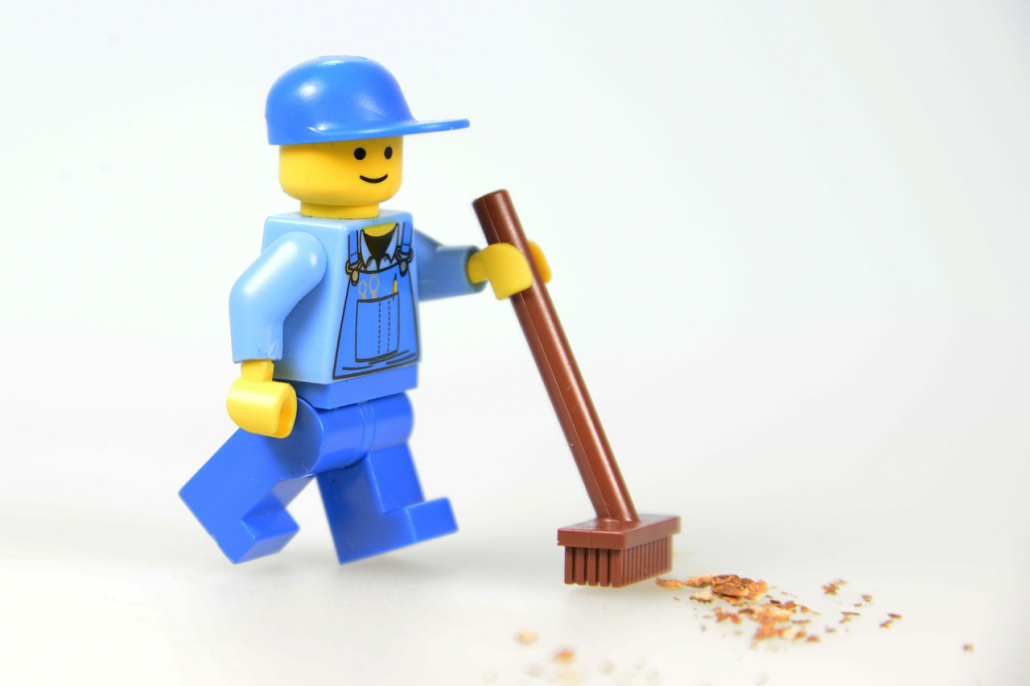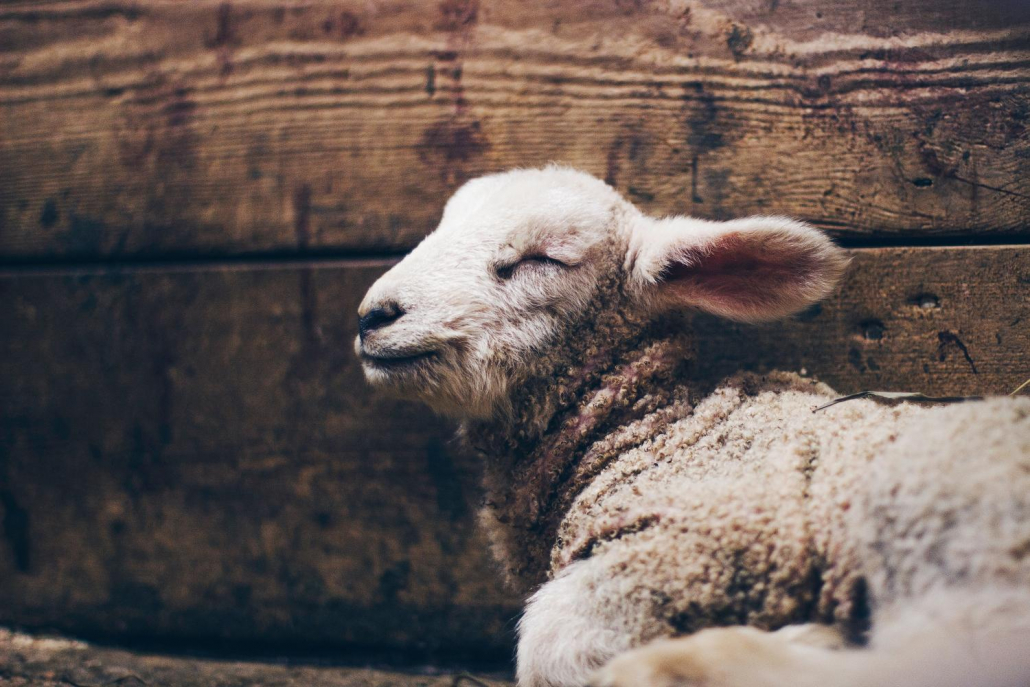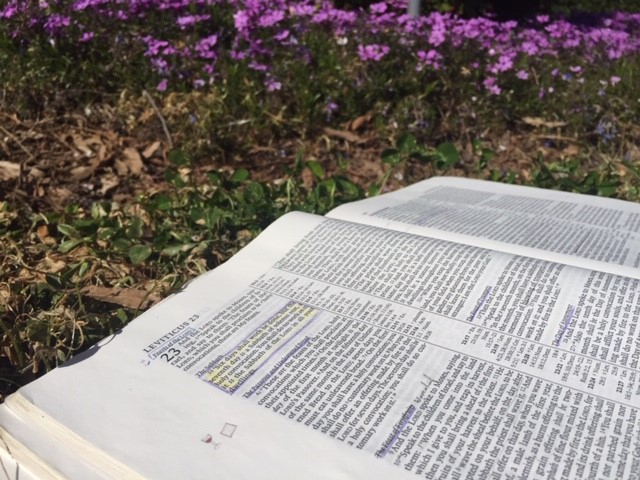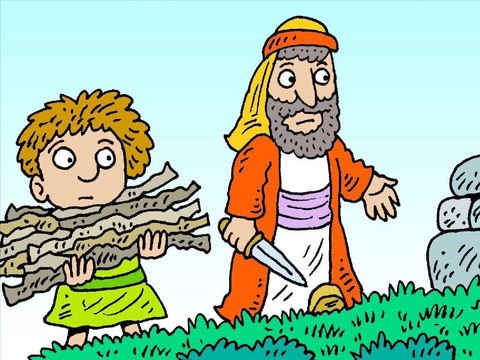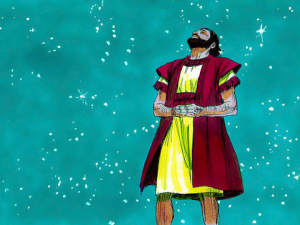Children’s Bible Program – Level 2: Lesson 27 “Jacob’s Wives and Sons”
Read Together: Jacob arrived in Padan Aram, and began looking for his uncle Laban. Instead, he met Laban’s beautiful daughter, Rachel. Jacob fell in love with Rachel and desperately wanted her as his wife. Laban agreed to give her in marriage to Jacob. But, in return, he demanded that Jacob work for him for seven years. Jacob agreed and served Laban, tending his flocks. When the time for the wedding came, Laban prepared a feast. At the end of the feast, when it was finally time for Jacob to be with beautiful Rachel, Laban tricked him! Instead of Rachel, Laban presented Leah, the older sister, to Jacob. Jacob was furious! He had married the wrong woman! Devious Laban suggested a solution. If only Jacob would work for another seven years for him, he would let him marry Rachel too! Reluctantly, Jacob agreed. But having two wives caused lots of problems for years to come. Jacob continued working for Laban for many years. He eventually became father to eleven sons and one daughter. As he grew older, he finally decided it was time to take his growing family and move back to Canaan.
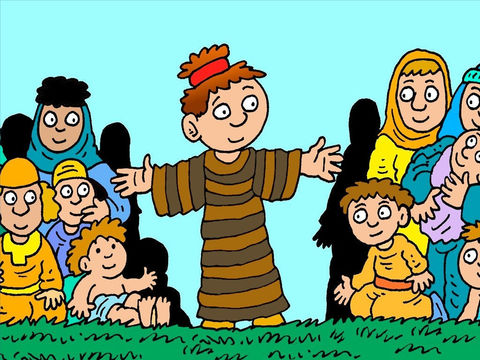
Read Together: Genesis 29; 30:1–27
Discuss:
- Ask your child how they think Jacob felt to be tricked by his uncle. What lessons do you think he might have learned?
- Help your child to recall the names of Jacob’s sons.
- Names have meanings. Discuss with your child the meaning of the names given Jacob’s sons. Give a hint of how some of the names portray their future roles. Explain how your child was named and its meaning.
- Remind your child that God’s intent is for marriage to be between one man and one woman. Jacob’s example shows that anything else causes problems.
Review Memorization:
Genesis 27:29 “Let peoples serve you, and nations bow down to you. Be master over your brethren and let your mother’s sons bow down to you. Cursed be everyone who curses you, and blessed be those who bless you.”
Bonus Memory Verse! Genesis 29:20 “So Jacob served seven years for Rachel, and they seemed only a few days to him because of the love he had for her.”

